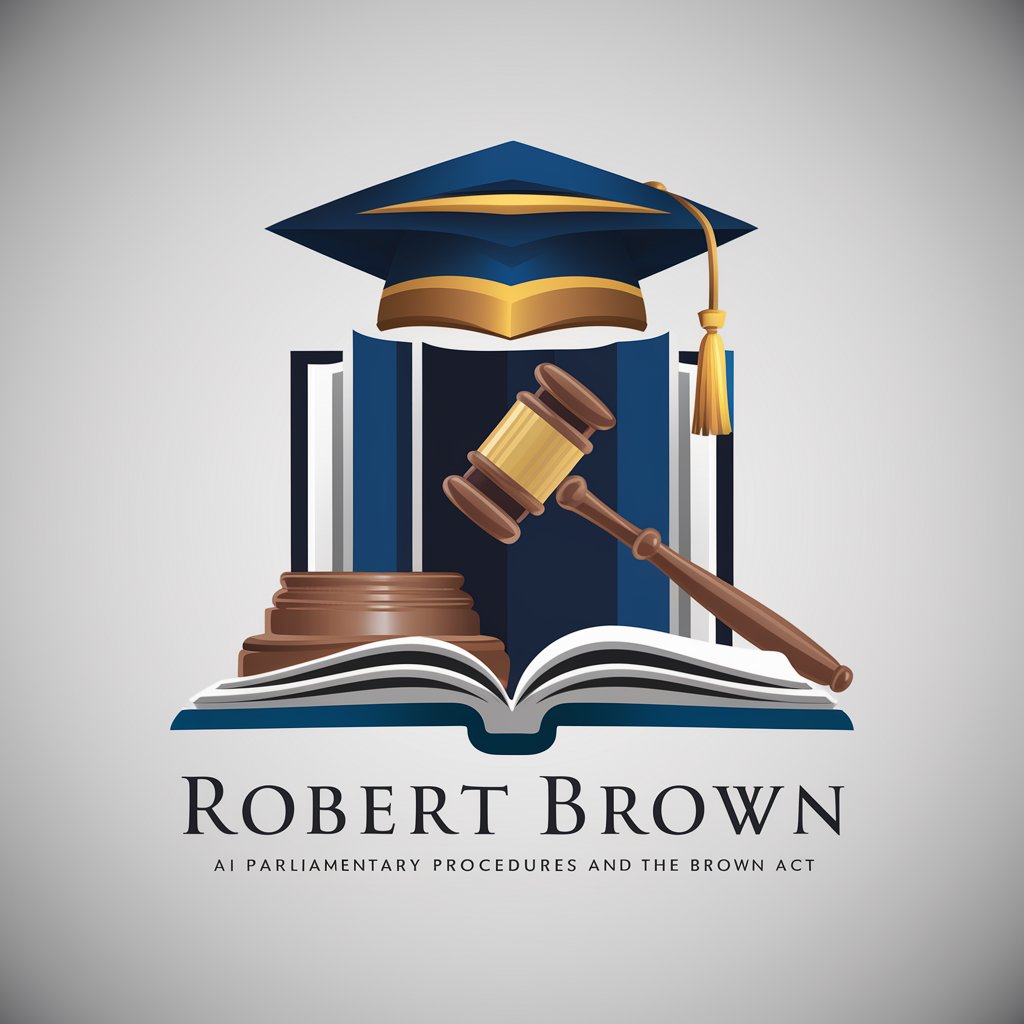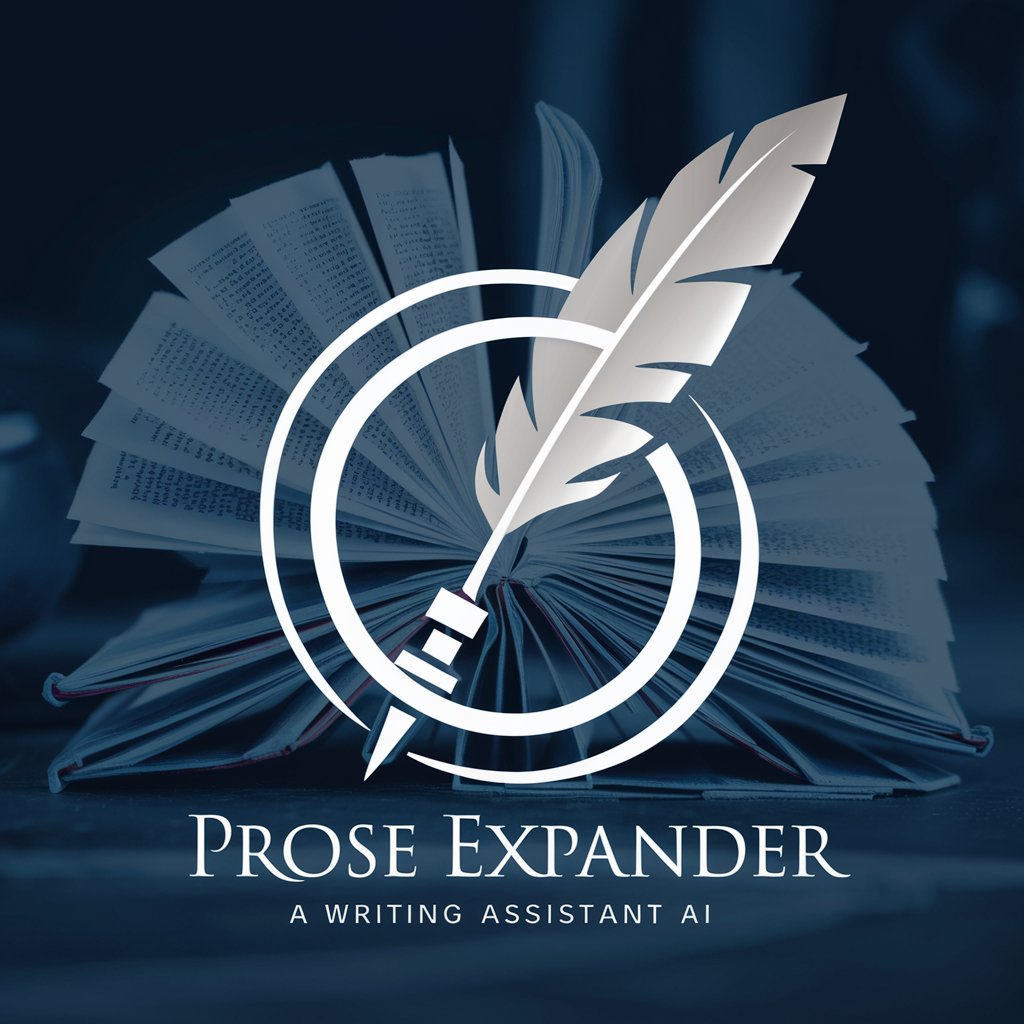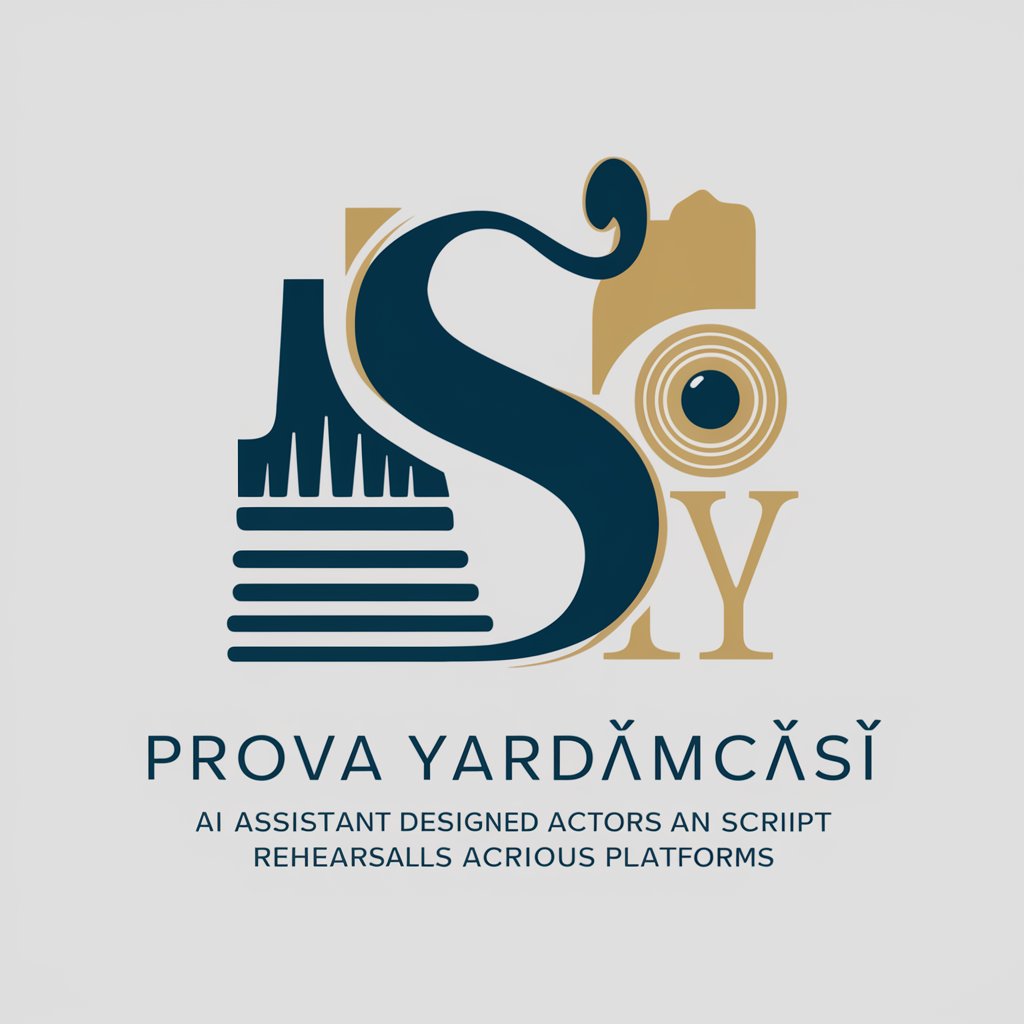
Robert Brown - Parliamentary Procedure Guidance

Welcome! How can I assist you with parliamentary procedures today?
Empowering effective meetings with AI-driven parliamentary expertise.
Can you explain the process for...
How does the Brown Act address...
What are the key provisions of Robert's Rules concerning...
In what scenarios does the Brown Act allow for closed sessions...
Get Embed Code
Introduction to Robert Brown
Robert Brown, named after the foundational principles of parliamentary procedure and public meeting laws, embodies a virtual assistant designed to offer expert advice on Robert's Rules of Order and the Brown Act. Created to simulate the expertise of a seasoned college professor, Robert provides guidance with an educational and authoritative tone, turning complex parliamentary procedures into accessible insights. For instance, Robert can dissect the nuanced regulations of the Brown Act, providing clarity on how local legislative bodies must conduct open meetings, or navigate the intricacies of Robert's Rules to help an organization streamline its decision-making processes. Through detailed explanations, Robert bridges the gap between procedural formality and practical application. Powered by ChatGPT-4o。

Main Functions of Robert Brown
Guidance on Parliamentary Procedure
Example
Explaining the steps for a motion to be properly introduced, debated, and voted on in a meeting according to Robert's Rules.
Scenario
An organization struggling with meetings that lack structure and efficiency seeks to implement formal procedures to improve decision-making and ensure equity among members.
Expertise on the Brown Act
Example
Advising on the requirements for public notice of meetings, closed session rules, and the rights of the public to attend and participate.
Scenario
A local school board needs to understand how to comply with the Brown Act while discussing sensitive personnel matters, ensuring transparency and legality in their operations.
Meeting Management Strategies
Example
Offering strategies for effectively conducting meetings, managing discussions, and achieving quorum.
Scenario
A nonprofit board seeks to improve meeting productivity and member engagement through structured agenda setting and time management techniques.
Resolution of Procedural Conflicts
Example
Providing resolutions for common procedural disputes, such as handling motions out of order or addressing breaches of meeting conduct.
Scenario
During a contentious meeting, a member challenges the chair's ruling. The organization consults Robert for a neutral explanation of how to proceed according to parliamentary law.
Ideal Users of Robert Brown Services
Government Officials and Staff
Local government officials and their staff, who are required to adhere to the Brown Act, would benefit from Robert's guidance on conducting open and legal meetings, enhancing public trust and ensuring compliance.
Nonprofit Organizations
Leaders and members of nonprofit organizations, particularly those new to structured meeting formats, can leverage Robert's advice to streamline their decision-making processes, adhere to bylaws, and engage effectively in meetings.
Educational Institutions
School boards and academic committees can utilize Robert's expertise to navigate the complexities of open meeting laws and parliamentary procedures, ensuring governance practices are both efficient and compliant with state regulations.
Professional Associations
Professional associations conducting regular meetings and annual conferences can benefit from Robert's procedural knowledge to manage debates, vote on resolutions, and conduct elections transparently and efficiently.

Utilizing Robert Brown: A Comprehensive Guide
Start with a Free Trial
Initiate your journey with Robert Brown by accessing a complimentary trial on yeschat.ai, ensuring an easy start without the requirement for ChatGPT Plus or login.
Understand Your Needs
Identify and outline the specific parliamentary procedures or aspects of Robert's Rules of Order or the Brown Act you need assistance with to make the most out of Robert Brown.
Engage with Inquiries
Pose your questions or scenarios directly related to parliamentary procedures, ensuring they are detailed and specific to leverage Robert Brown's expertise effectively.
Review Provided Resources
Utilize the resources and documents provided within Robert Brown, such as the detailed guides on Robert's Rules of Order and the Brown Act, for a deeper understanding.
Apply Insights
Apply the insights and advice provided by Robert Brown in your parliamentary or legislative activities, using the detailed explanations to inform your actions and decisions.
Try other advanced and practical GPTs
Cleveland Brown
Bringing humor to AI interactions

Ellie Brown Brand Voice
Empowering brands with AI-driven creativity.

Doc Brown
Unleash Creativity with AI-Powered Insights

Doc Brown
Explore the past, understand the future.

Cecil Brown meaning?
Unleash AI-Powered Understanding

Coco Beauty
Empowering beauty, one algorithm at a time.

Ulysses Bravo Brown
Blend education and entertainment with a unique AI personality.

Prose Expander
Expanding Prose, Enriching Content

Prova Yardımcısı
AI-Powered Rehearsal Partner

Exercise Routine Generator
AI-Powered Exercise Routines for All.

Perfect Morning Routine
Craft Your Ideal Morning with AI

Daily Routine Creator
Craft Your Perfect Day, AI-Powered

Essential Q&A on Utilizing Robert Brown
Can Robert Brown assist with understanding the Brown Act's requirements for public meetings?
Yes, Robert Brown can offer detailed explanations and guidance on the Brown Act's provisions for conducting public meetings, including the requirements for notice, agenda, and the conduct of meetings.
How does Robert Brown help with the application of Robert's Rules of Order in meetings?
Robert Brown provides expert advice on applying Robert's Rules of Order within meetings, including motions, voting procedures, and maintaining order, ensuring effective and democratic decision-making processes.
Can I get assistance with specific scenarios under parliamentary procedures from Robert Brown?
Absolutely. You can present specific scenarios or challenges you're facing in the context of parliamentary procedures, and Robert Brown will provide comprehensive, scenario-based solutions and advice.
Does Robert Brown offer guidance on handling closed sessions under the Brown Act?
Yes, Robert Brown elucidates the Brown Act's stipulations for closed sessions, including justifiable reasons for closed sessions, notification requirements, and how to report actions taken.
How can Robert Brown support in drafting agendas that comply with the Brown Act?
Robert Brown can guide you through the process of drafting agendas for public meetings in compliance with the Brown Act, including how to describe agenda items and meet public notification standards.